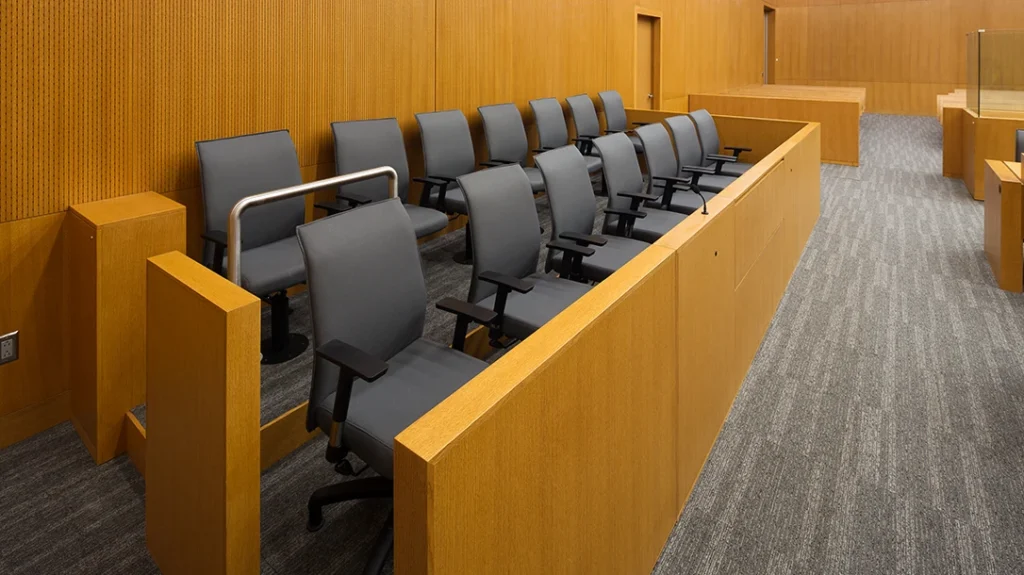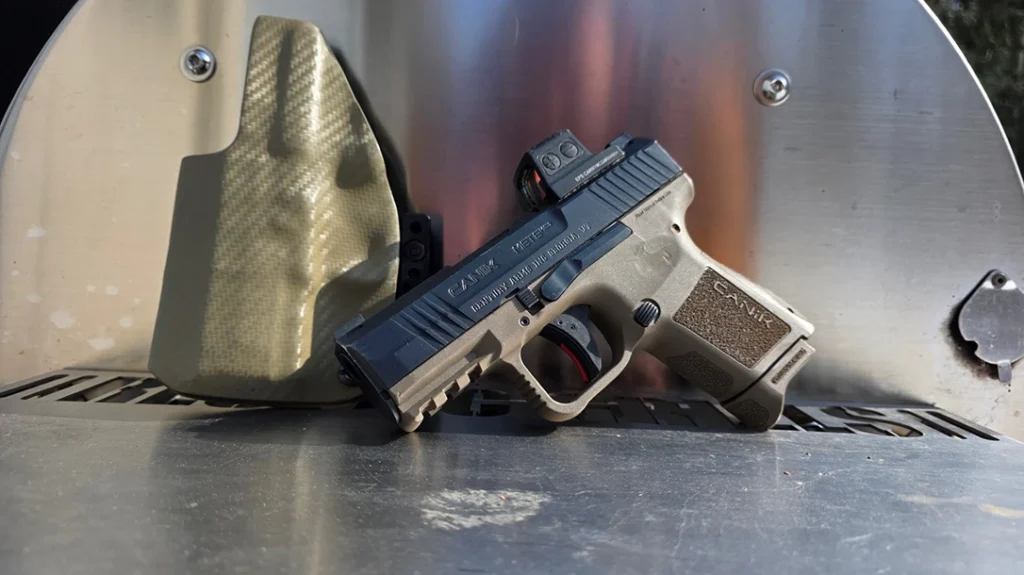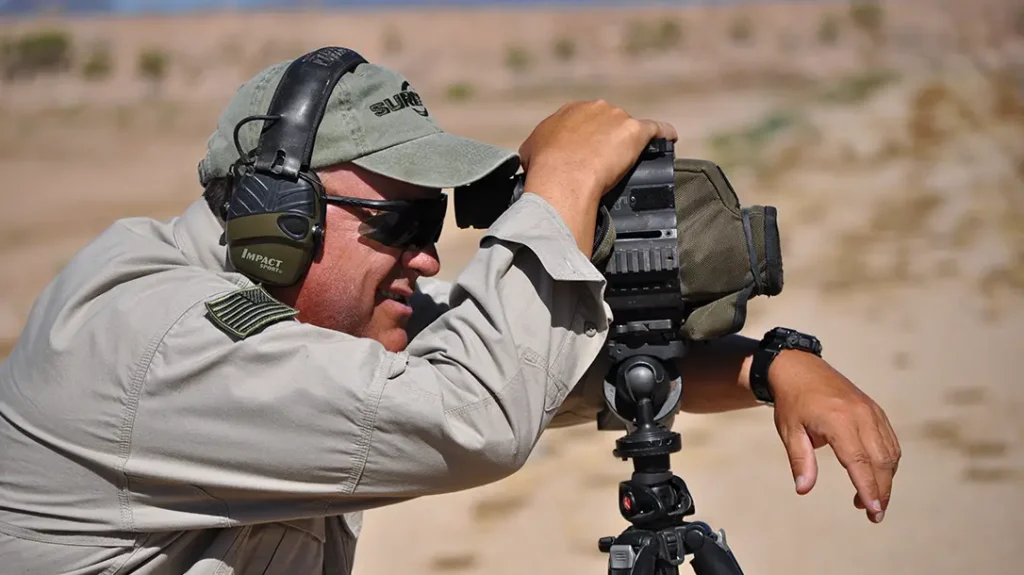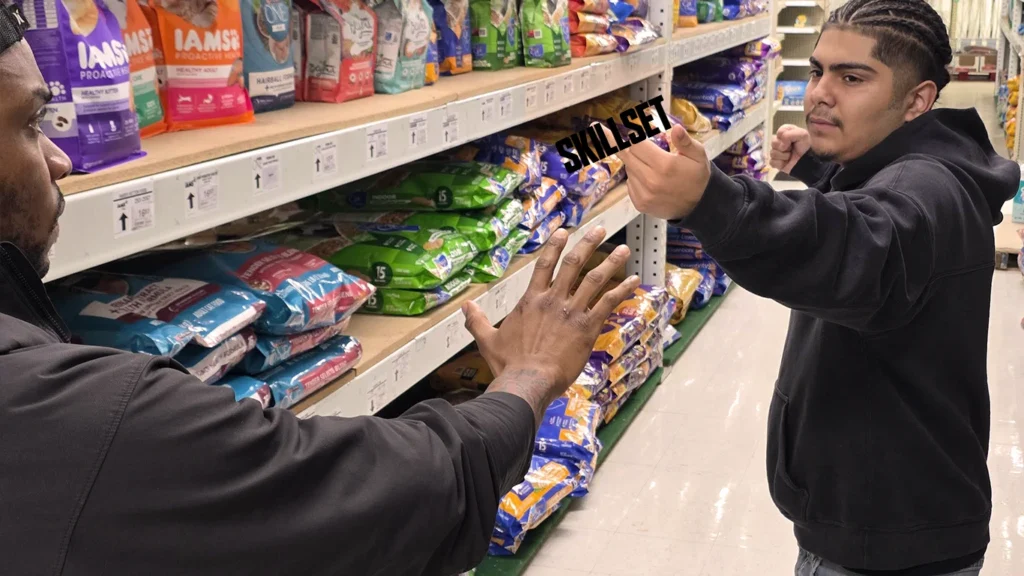Going away to college can be a new adventure for most kids. For many, it’s the first time they’re spending an extended period of time away from home. Although, generally speaking, college and university campuses are fairly safe, things can and do happen. With some preparation, though, you can minimize the risks of it happening to you. Let’s take a look at some safety tips and some things to watch out for if you staying in a dorm or residence hall, renting an apartment near school, or even just spending a lot of time on campus as a commuter.
Campus Safety Starts with Knowing Your Campus
One of the first things you can do is get to know your campus. Most colleges list their crime statistics, so do some research and see what types of crimes occur on your campus and with what frequency. Hopefully, it’s minimal, but it’s always good to know what to look out for.
Find out what kind of security your school has. Does it have a campus police department or unarmed security officers? Where is their station or post? Find out where you would need to go to get help in an emergency or if you need to report something.
Advertisement — Continue Reading Below
Learn the layout of your campus. What are the best ways to get to class from the parking areas if you’re a commuter or from your dorm or residence hall if you live on campus? Try to use routes that are well populated and well-lit at night.
Learn where cameras are located on campus and stick to those areas when possible. They’ll help law enforcement if something does happen. Not to mention, criminals often learn to avoid those areas. Some cameras are monitored in real-time too, so security may see what’s happening and be able to send help immediately.
Have options. If something is going on like a fire, a protest, or some other incident, have a backup way to come and go.
Advertisement — Continue Reading Below
It doesn’t hurt to vary your routine even when nothing is going on. That way, you know the other routes if you need to use them, and you don’t have a predictable routine. Mixing things up can throw off someone with ill intentions if they’re watching an area for potential victims.
Stay Alert and Pay Attention
Probably the best way to stay safe is simply to pay attention. Be aware of your surroundings and learn what should and shouldn’t be there. You’ll get the vibe of your school in short order, and you should be able to tell who the students and staff are.
If someone stands out, pay attention. They may have legitimate business on campus, but they may not. Know your fellow students. Watch for who doesn’t belong.
Advertisement — Continue Reading Below

Be cognizant of things that impact your awareness. Things like EarPods that keep you from hearing what’s going on around you. Or like staring at your phone instead of your surroundings while you walk. This also includes being under the influence of alcohol or recreational drugs. Things that impact your focus and judgment often play a role in victimization.
You probably know the saying by now “If you see something, say something.” It doesn’t have to be a potential terrorist attack to do that. If you see something or someone out of place, call it in.
Advertisement — Continue Reading Below
Your school probably has nonemergency campus security or campus police number that you can call if you don’t think it rises to the level of a 911 call. If they know of potential issues, they can take a closer look through cameras or by sending an officer to check it out.
Don’t Go it Alone
Travel with friends whenever possible when you go out, especially at night. This is doubly true if you have had a few drinks. If possible, have someone in your friend group stay sober even if they aren’t driving. As noted above, alcohol seriously diminishes your ability to process your surroundings and impacts your judgment.
If you can’t go out with friends, let someone know where you’re going. Text or call friends or family and let them know where you’re going and what you’re doing. If you have a roommate, leave a note if you’re not the texting type.
Advertisement — Continue Reading Below
Consider using a location-sharing app with your friends or family that will let them check where you are. Especially if you’re overdue to be home. Apple has the Share my Location feature built in, and there are third-party apps like Life 360 that my daughter and her friends use at college.
Defensive Tools
Take a look at what your school’s weapon policy is. Some may allow concealed carry but realistically, that’s pretty uncommon. Knives are often prohibited as well. Pepper spray often is allowed, and possibly TASERs or stun guns.
You can get creative with things like tactical pens or some of the key chain defense tools. Improvised weapons can work as well. There are a number of articles on improvised weapons available on Personal Defense World that you can check out for ideas. If you’re inclined, you may want to consider some sort of martial arts training as well.
Advertisement — Continue Reading Below
One tool you should absolutely have is your cell phone. That isn’t a problem for most people these days. Having a way to get help is important. If you’re using one of the location-sharing services mentioned above, they only work if you have your phone with you.
Another low-tech way to get help is a whistle. I know the “rape whistle” is something of a cliché these days, but it really does work to get attention. It’s also inexpensive, light, and easy to carry on your key ring, backpack, or messenger bag. It also doesn’t need batteries.
A flashlight is also a great tool to have. I know your phone has a light, but I’m talking about one with an eye-searing number of lumens. It can be used to scout out the dark areas around you when you walk and used to disorient or temporarily blind an assailant.
Some models have a strobe, but even just a bright light will work. If you get a “tactical” style light, it may have a crenelated bezel around the lens that can also be used as an impact weapon. Phones, whistles, and flashlights should be allowed just about anywhere you go.
Have a Safety Plan
Have a plan in case something doesn’t look right or actually does go sideways. Keep in mind you aren’t the police. Your job is to stay safe. That may mean flight instead of fight, and that’s okay. Get away, be safe, and report it.
If you do have to fight, the goal should be to fight to break contact. Better to be a good witness than to get injured or killed trying to win an unnecessary fight.
If you can’t break contact, use whatever tools you have at your disposal to get an edge and make noise. Noise and time are not your attacker’s friends. They need whatever they’re trying to do to happen as quickly and with as little notice as possible.
The more attention you draw, the better it is for you. That’s why staying in well-lit areas with other people around is important, if you can manage it.
If you think someone’s following you or they’re making you uncomfortable, go where other people are. Go to the police station or security office if it’s nearby. Often just approaching those areas will cause a potential threat to head the other way.
Call campus security and let them know where you are. If you’re unsure you want security involved, call some friends and see if they can meet you.
College should be a fun time for most people, aside from the stress of the curriculum. Don’t let the potential for bad things overwhelm you. But do be aware that there are things you can do to minimize the chances of them happening to you.
A little awareness goes a long way. That, along with some basic measures and maybe a little bit of simple gear, should allow you to navigate your college campus in safety.
























